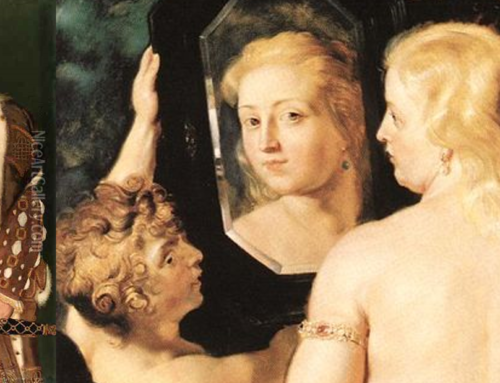Whilst brainstorming ideas for further writing advice, I kept coming back to the same disclaimer, which basically read: “not everyone is going to like this.” This got me thinking about my experiences with writers’ groups, and I realized that this is an issue few aspiring authors understand. No matter how good your story is, some people aren’t going to like it.
The first reason that many people aren’t going to like your story is simply because it isn’t their cup of tea. Maybe you’re writing science fiction, and some of the other people in your writers’ group just don’t like science fiction. Then there is the age range to consider: 40-year-olds aren’t as likely to enjoy a book aimed at teenagers, because they’re just not the target audience. Good members of any writers’ group will recognize this and try to tailor their feedback with the understanding that this story isn’t really made for them. Some critics will not be so mature.
Another reason many people won’t like your story is because it includes elements that they don’t like. For a long time, my own dad would reject any story that included a hard magic system, because as soon as the magic has an explanation, he’d mutter something about “midichlorians” and disappear into his basement to paint army figures. This doesn’t mean hard magic systems are bad, but some people are going to complain about them anyway.
And, of course, some people aren’t going to like your story for moral reasons, and this is the case now more than ever. When I was submitting chapters of Heroes of Janaan to writers’ groups for feedback, some people loved it, and some people hated it, simply because of the morals of the story, especially regarding the Tomblords. One writers’ group kicked me out entirely because too many people were offended by villainous characters doing villainous things, even when I explained to them that the Tomblords are not supposed to be viewed as heroes. They simply didn’t want characters acting this way, period. One of them did, in no uncertain terms, reveal to me that part of her anger at the first chapter with the Tomblords was because she agreed with some of their actions, though not their motives, and didn’t like them being portrayed in a villainous light. In another writers’ group, a guy from Eastern Europe was flabbergasted at how close Amenhotep hit home, and thought the Tomblords make for terrific villains.
So, while some of this boils down to a matter of taste, another core point is that any messages, morals, or other points you’re trying to make in your story are going to make some people upset. And you likely will have a message or two, because all literature with any depth will. Visual media can sometimes get away with being pure spectacle where the audience can turn their brains off, but books engage with a reader’s mind directly, since they have to imagine the scenes they cannot watch. A book has no choice but to make people think if it wants to keep people’s attention.
And that’s half the problem: some people don’t want to think, at least not about anything that might challenge them. Objectively bad writing exists, and everyone hates it, but even genuinely good writing won’t sit well with anyone who doesn’t want to read the story you have to tell, or the character arcs you want to explore, or even the more basic concepts you want to play with.
Most people I know who were interested in becoming writers never publish their material, and a big reason why was the fact that they knew only a minority of people would like it, and the majority would either not care, or outright hate it.
What they don’t get is, that’s the case for all writers, and the minority who do like your work are the real reason you write.






